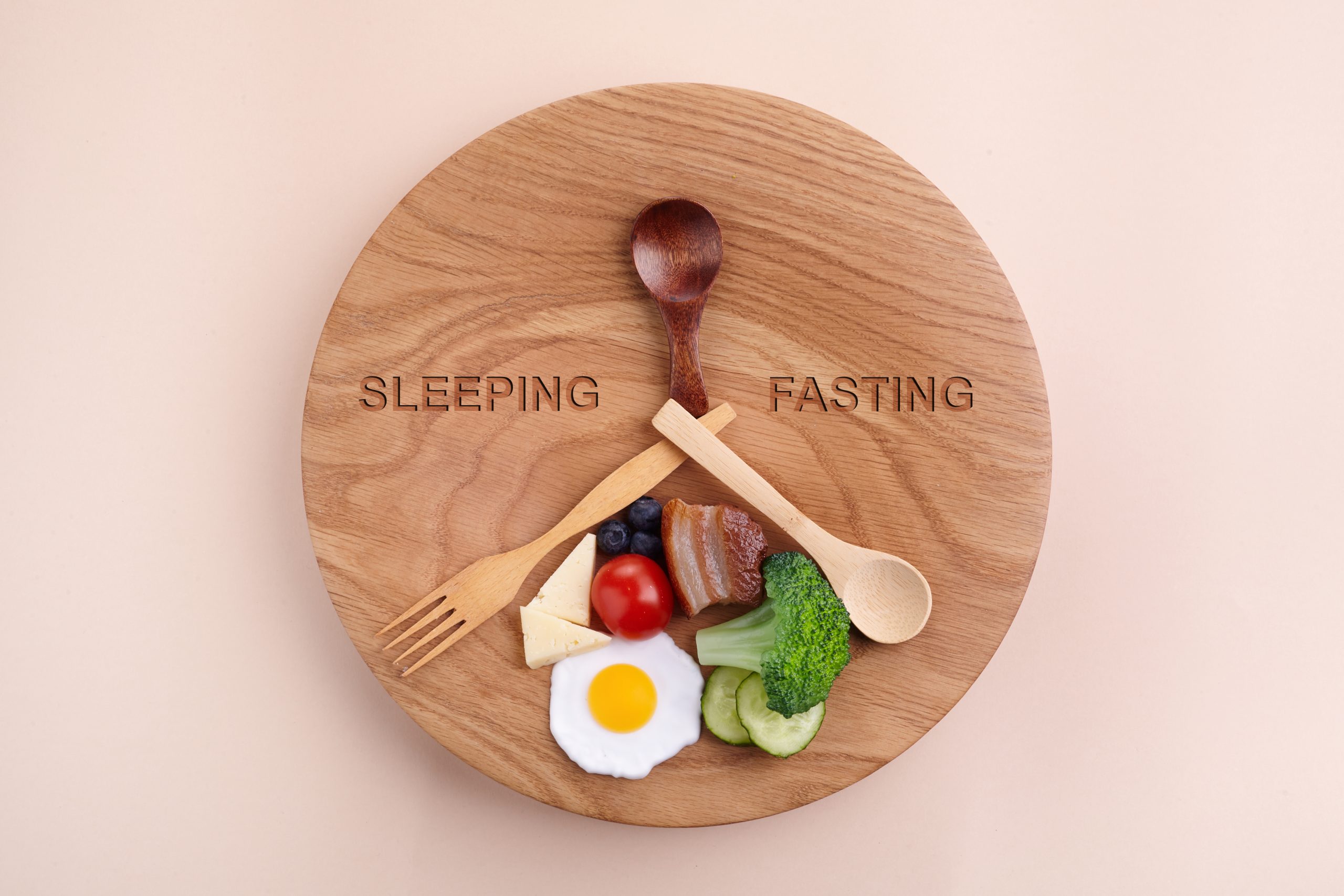What is Fasting?
Locking down a good definition seems like the best place to start. According to Merriam-Webster, fasting is “to abstain from food.” Britannica is a bit more specific, defining fasting as “the abstinence from food or drink or both for health, ritualistic, religious, or ethical purposes.” It seems important to note that fasting is not starving. It is not a lack of food. It is a choice to simply not eat for a designated period of time. When we get sick, we tend to lose our appetite while our body focuses on healing. It does not need food at that time. In a time of stress like a deadline or unexpected event, we often do not eat while we are preoccupied with a momentary crisis. We also do not eat when we sleep so at that basic level, people actually do fast about eight hours everyday without even realizing it.
Throughout history, fasting has been observed by various religions such as Islam, Judaism, Christianity and Catholicism, for various reasons with various lengths. Other proponents of fasting throughout history include Hippocrates, Julius Caesar, Leonardo Da Vinci, Benjamin Franklin and Mahatma Gandhi. So this leads to the next question, why?
Why is Fasting Recommended?
Fasting addresses the issue of when to eat instead of what to eat. Improved physical health is probably at the top of everyone’s list of reasons to give it a try. It could also be helpful with mental health issues, with mental clarity being at the bottom of the list and going up from there. Autophagy, the body’s way of cleaning up and reusing damaged cells, is another excellent reason to fast as discovered by Nobel Prize winner, Yoshinori Ohsumi. Longevity is also another common goal. And don’t forget the reduction of inflammation which causes so many other issues. Cardiovascular health can also be improved and for some it reduces blood pressure, while in others, it evens out their blood sugar levels. Additionally, it has been shown to lower triglyceride levels.
But possibly the main reason most people consider fasting of any kind is to reverse or minimize the symptoms of a diagnosis they have been given, like IBS, diabetes, arthritis, or psoriasis. And of course, last but not least, weight loss is another major benefit that leads people to fasting as a creative way to reduce overall calorie consumption in a day. One intriguing fact to note here is that fasting as a protocol during chemotherapy treatment seems to improve its effectiveness which is outstanding information!
Have you tried fasting? What were your reasons?


0 Comments